France conducts military exercise in the Mediterranean to send a "message" to Turkey
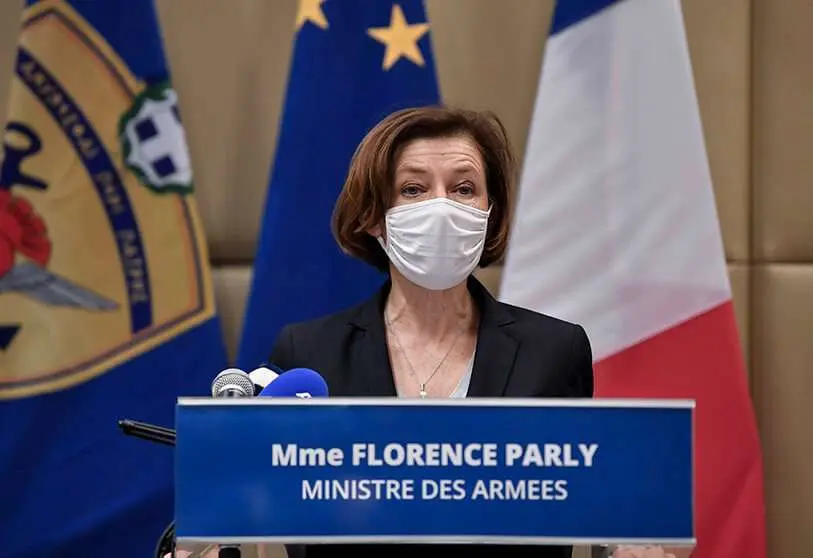
In recent months, the Eastern Mediterranean region has become a focus of tension not only with the European countries there, such as Greece and Cyprus, with which disagreements are more common, but also with others that are less so, such as France. Turkish interference in the Libyan conflict, over which there is a European mission to ensure compliance with the arms embargo, has led to several clashes between the Turkish and French navies. The rhetoric between the Turkish leader and the French president has since escalated, causing a major problem within NATO and, to a lesser extent, the European Union.
Tensions between Ankara and Paris have been rising for months as their geopolitical interests clash in Libya, Syria and the eastern Mediterranean. For the time being, more international declarations will have to wait, but Turkey and France have already put their cards on the table through an international media and judicial confrontation. Now they will have to face off within NATO while France fights for the EU to continue to sanction Erdogan.
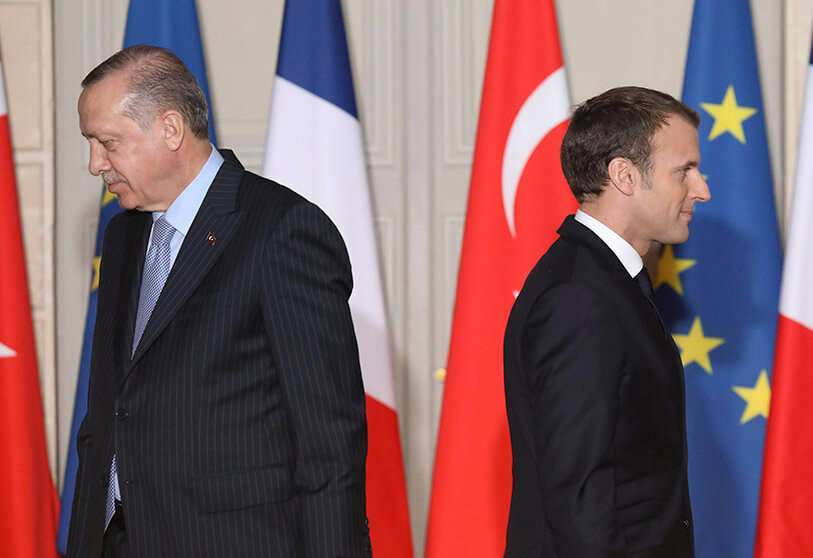
The relationship between the presidents of France and Turkey, Emmanuel Macron and Recep Tayyip Erdogan, has never been good. Their political dynamics include insults, dialectical rivalries and threats that often fall on deaf ears.
However, tensions between Greece and Turkey have also been growing over the past 2020s, due to Turkish interests in accessing areas where there is an accumulation of hydrocarbons, but which are in waters that Greece and Cyprus consider their own and which Turkey disputes. As a result, both Greece and France spearheaded the need for sanctions against the Erdogan regime at last December's EUCO.
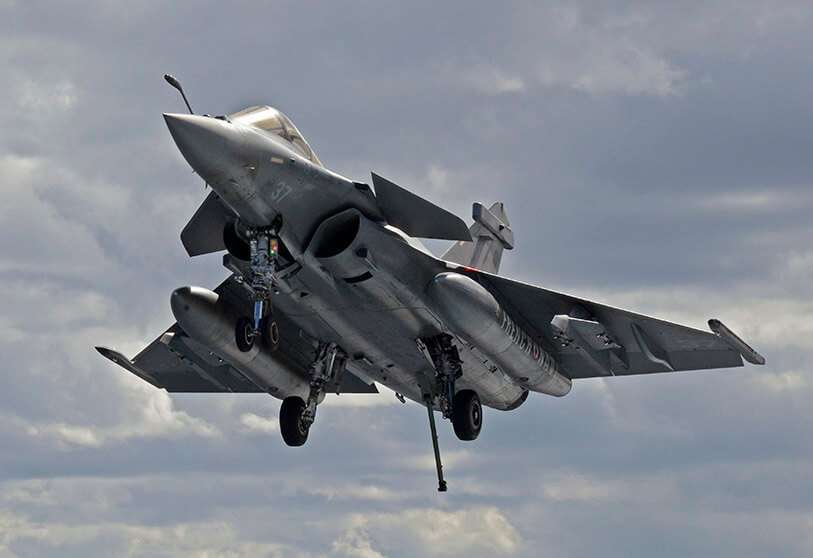
Similarly, Turkey is an important NATO partner, not only because of the size of its armed forces, but also because of its geostrategic position. However, friction with its allies - mainly Greece and France - has meant that NATO has had to investigate the clashes in the Mediterranean, without, despite French complaints, imposing any sanctions on Turkey. However, the clash did lead to the withdrawal of French vessels from the Sea Guardian operation in the Mediterranean, so Turkey's attitude is affecting NATO.
Ignoring Europe's warnings, Turkey has in recent months organised several gas exploration missions in the eastern Mediterranean, in waters that Athens considers its sovereignty, which has provoked a diplomatic crisis between the two countries. Greece has received strong support from France.
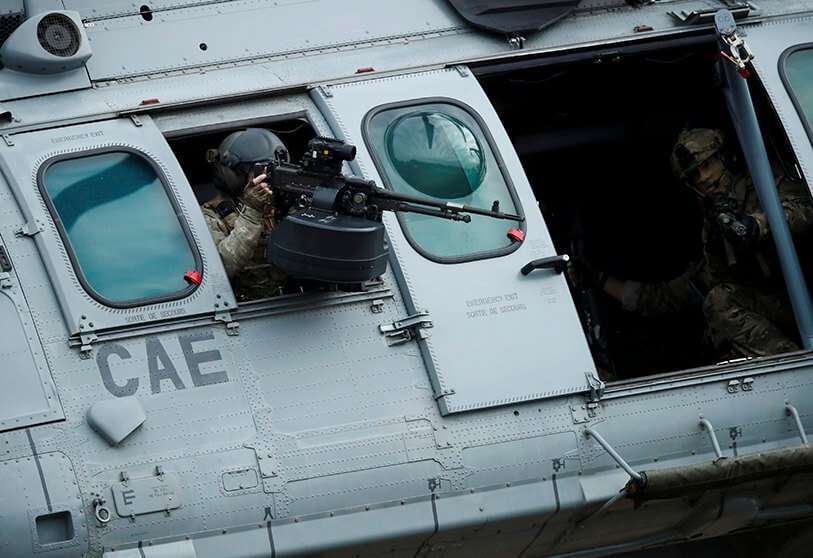
Against a tense geopolitical and economic backdrop, Armed Forces Minister Florence Parly wanted to send a message to Turkey by sending nearly 500 French soldiers on Saturday to carry out an "anti-terrorist exercise" off the coast of Crete simulating a "hostage situation on a commercial ship", with "terrorists taking control of a ship and turning it into a firebase in the water", Florence Parly said during a hearing before the Senate defence committee. "With this exercise, we are sending a message: under our French and European watch, this message is that the Mediterranean will never be a lawless zone," Parly said.
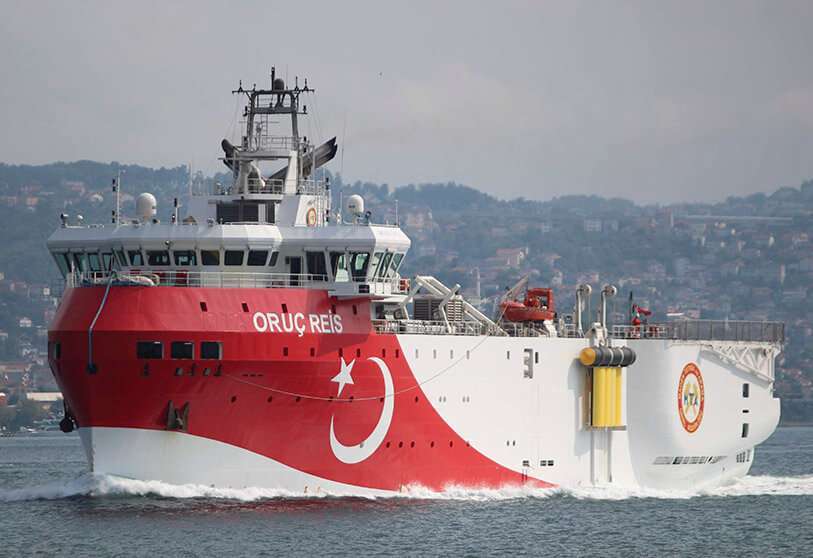
"France is determined to participate in preserving the security and stability of the Mediterranean basin alongside its allies. By projecting its means of intervention over long distances and using its exceptional expertise, France is demonstrating that it has the means to defend itself with its allies," he stressed.
Therefore, we can see how the bad relationship between Turkey and France continues to grow in recent years on the geopolitical chessboard, where both sides have supported opposing sides in Libya, Syria and the Eastern Mediterranean. As a result, the relationship between the two sides is at a very low point, from which it will probably not emerge for many years.








